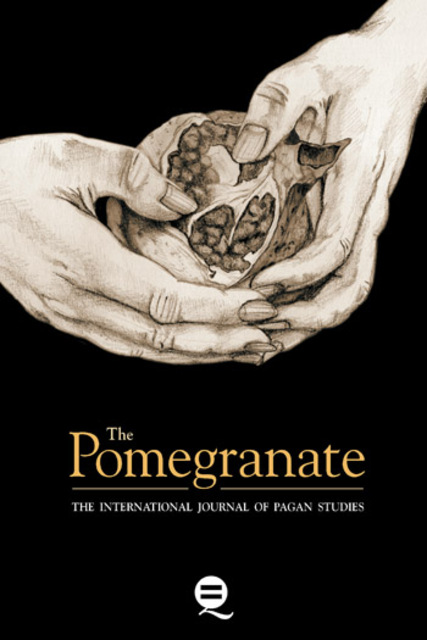The Dievturi Movement in the Reports of the Latvian Political Police (1939–1940)

Full description
The Dievturi movement, a revived Paganism formed in Latvia in the early twentieth century, would have seemed to to be in accordance with national politics of the Latvian Republic after the coup of May 15, 1934, but the authoritarian regime of Karlis Ulmanis (1877-1942) showed a deep lack of trust towards Dievturi. The reports of the Latvian Political Police stored in the funds of Latvian State Historical Archives deal with the Dievturi movement shortly before the occupation of Latvia by Soviet troops in 1940. The paper examines how the Dievturi movement is reflected in the discourse of the authoritarian regime. The narratives of secret agents include information on the political views of Dievturi and on their connections to the P?rkonkrusts (Thunder cross) movement, as well as references on the structure of the movement, detailed description of its ritual celebrations etc.
- typeImage
- created on
- file formatjpeg
- file size66 KB
- container titleThe Pomegranate
- creatorAnita Stasulane
- issnISSN 1743-1735 (online)
- issue14.1
- publisherEquinox Publishing Ltd.
- publisher placeSheffield, United Kingdom
- rights holderEquinox Publishing Ltd.
- doi
We use cookies to analyze our traffic. Please decide if you are willing to accept cookies from our website. You can change this setting anytime in Privacy Settings.
